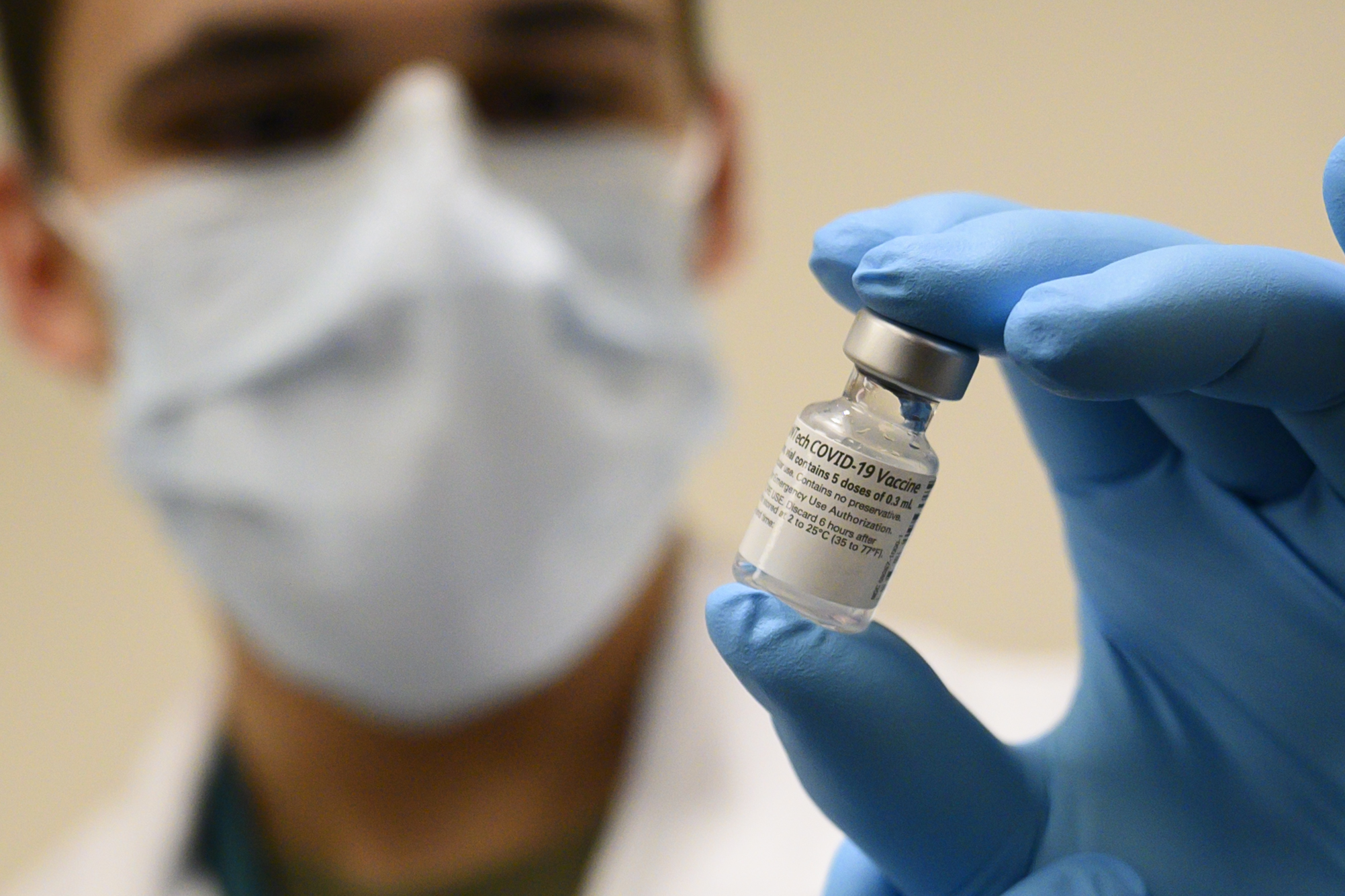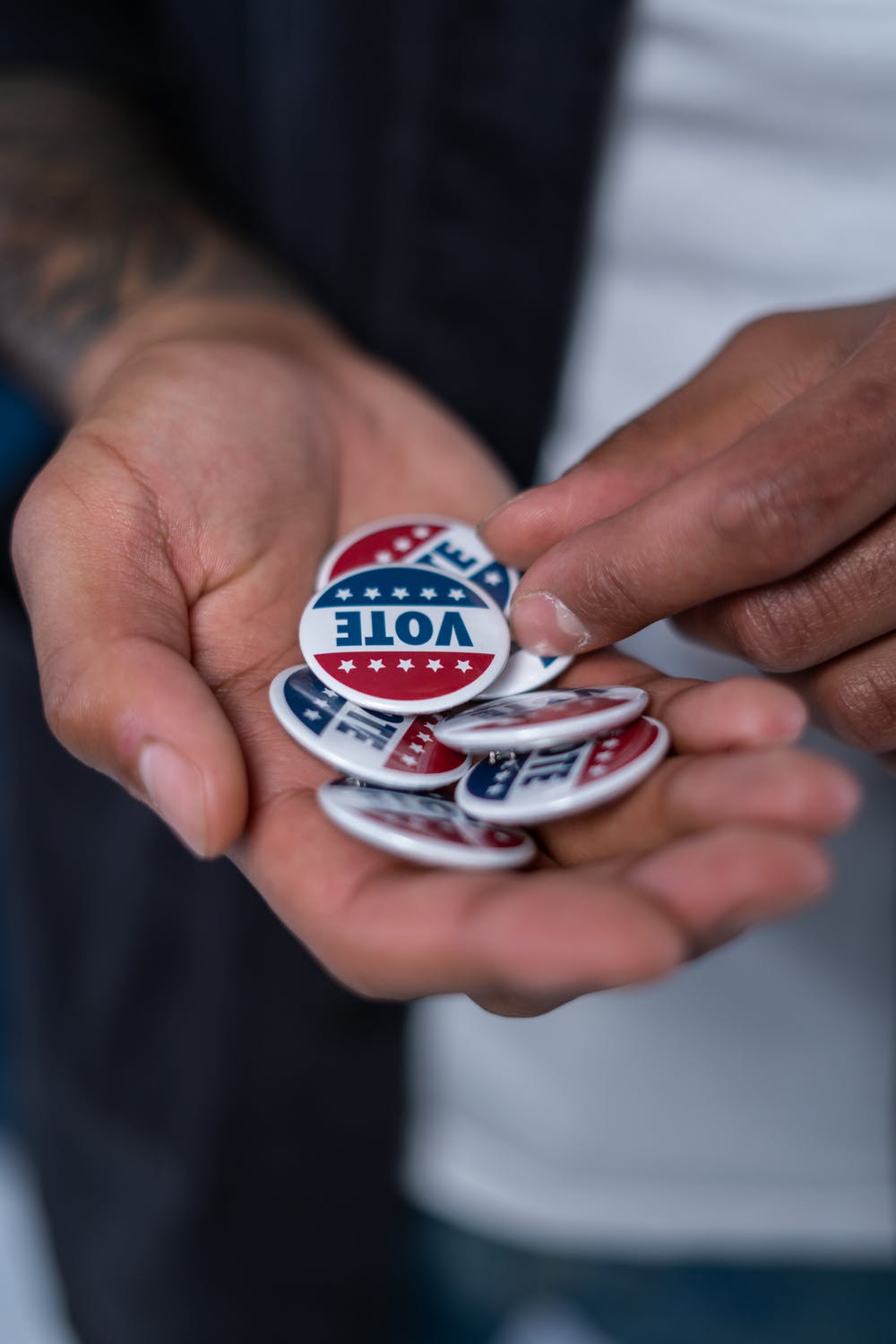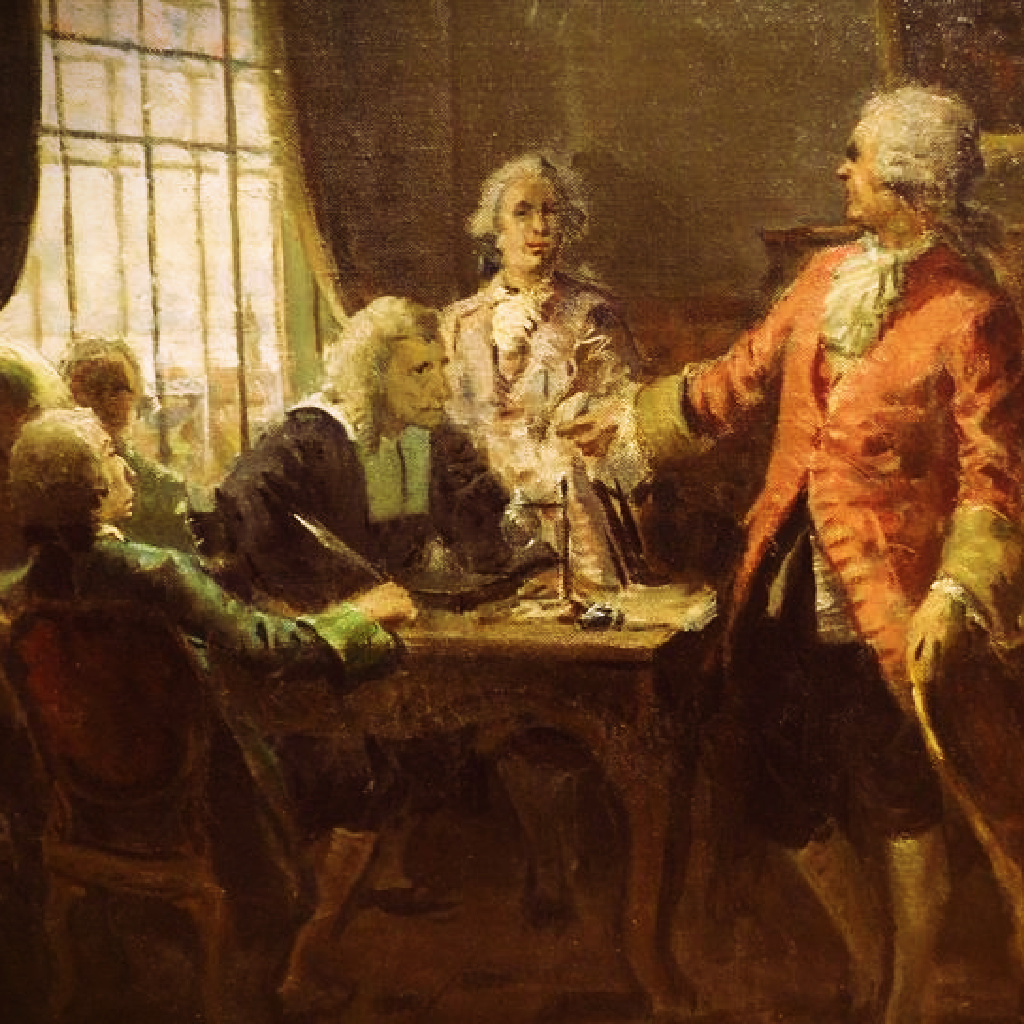
Is Vaccine Dialogue Even Possible?
Honest conversation about vaccination might be more challenging than any other issue. Why? And is it even worth trying?

Honest conversation about vaccination might be more challenging than any other issue. Why? And is it even worth trying?

Those who wrestle are not a separate category of humans. That describes all of us. If so, the key question is not whether we are “willing to wrestle,” but rather, where that wrestle ultimately takes each of us.

Even after the killer in Atlanta’s heinous shooting recently spoke of his sexual addiction as a contributing influence. Some have taken this as an opportunity to minimize and even ridicule the idea of such a problem. The millions of men and women grappling with the same deserve better.

How discussions are pre-loaded for failure.

Conservatives are feeling singled out and targeted on social media. But the history of bans across major platforms confirms a more complicated picture.

While most Americans love to talk about the high value of “pluralism” and “free speech” when push comes to shove they usually have a red line—an issue on which it’s NOT okay to disagree openly. At least not publicly. What’s yours?

With public health messaging now emphasizing how remarkably effective COVID-19 vaccines are, it’s reasonable to ask what exactly that means? Based on the published studies of the leading three vaccine candidates, I dove in to better understand that for myself.

This is the sixth in a series by Arthur Peña, Charles Randall Paul, and Jacob Hess called “Inevitable Influencers: Why (deep down) we all want—and need—to persuade each other of what we see as good, beautiful, and true.” Previous pieces include “Why Persuasion Should be a Sweet (Not a Dirty) Word”; “The Threat of Persuasion,” and “My Truth? Your Truth? No Truth?”; “The Virtues of Strong Disagreement,” and “Our Judgment Against Judgment.”

Much has been written in recent years about what “Latter-day Saints believe” about LGBT issues – only a fraction of which accurately represents our true convictions. Tragically, even today, many are only familiar with these widespread distortions.

If we want to cultivate public confidence in the election, condemning or dismissing entirely those with concerns about the vote won’t help us get there. And making space for a little suspicion and caution shouldn’t hurt either.

Early this morning, President Trump stood before the American people on the verge of another astounding upset and accused his opponents of fraud. When will the mounting levels of mutual suspicion and accusation take us past our breaking point as a country?

We don’t agree on the problems facing America, which is why our views of the solutions and answers to the mess we’re in diverge so widely as well.